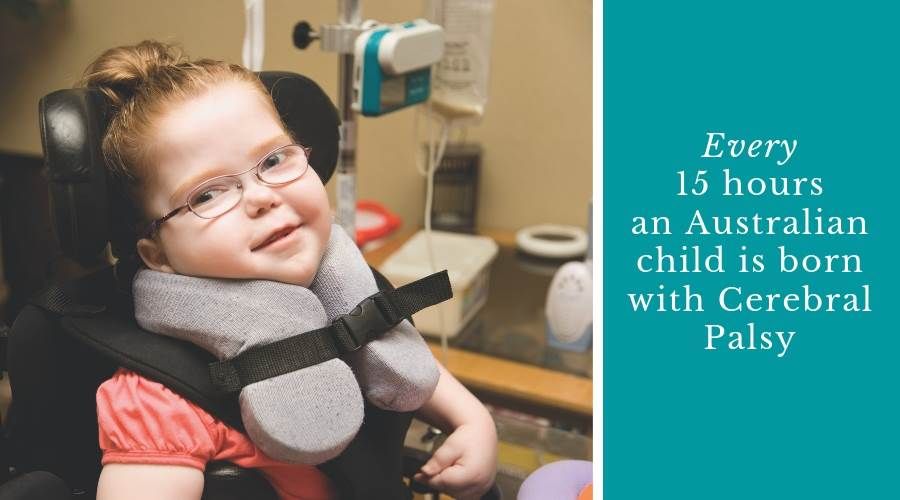The challenge you are helping overcome

Did you know that every 15 hours an Australian child is born with cerebral palsy? Your support can help minimise the diagnosis of this disease.
Preterm babies are at increased risk of developing cerebral palsy; and our researchers at Mater Brisbane are conducting world-first research to try and minimise the frequency of a cerebral palsy diagnosis for these tiny patients—and you are part of the team!
“Imagine being a very worried parent of a premature baby, but knowing that cerebral palsy is one thing you don’t have to worry about. That is our dream.”
– Dr. Elizabeth Hurrion.
The hope you provide
The work is complex. It isn’t a mountain that can be scaled quickly or easily —but with the support of Mater VIPs we are able to provide secure, long-term funding to projects like this.
And now, we are getting so close to changing the devastating statistic that every 15 hours an Australian child is born with cerebral palsy. The findings of this research may soon change the way doctors across the globe treat pre-term infants, and help reduce the number of children and their families who will go through the life-long challenges associated with a cerebral palsy diagnosis.
And without our amazing Mater VIPs, this would not be possible. Thank you for being part of the Mater Community—you are a vital part of the team making change happen.
The research you are funding
Mater researchers Associate Professor Paul Dawson and Dr Elizabeth Hurrion are conducting a study—the first of its kind in the world— into sulphate therapy. Their findings may change the way doctors across the globe treat pre-term infants, and help reduce the risk of cerebral palsy associated with premature birth.
While babies who are born at full-term are able to produce their own sulphate, babies born prematurely have not yet developed the mechanism to do this.
Magnesium sulphate is a relatively new treatment given to mothers immediately before premature delivery, which has been shown to reduce the risks of cerebral palsy. However, this treatment is not available to all babies, particularly those in remote communities or for those women who need to deliver rapidly.
To expand the reach of this life-changing treatment the team at Mater aims to determine if a certain blood level of sulphate can be identified which is protective for the baby; so the most vulnerable babies for sulphate deficiency can be identified—then they may be able to keep blood sulphate at a safe level by administering this nutrient after birth.
This is a world first project developed by Mater researchers in Brisbane. Where the current clinical practice is to treat mothers, this project will provide evidence for treating the babies after birth to reduce the risk of cerebral palsy and other adverse neurodevelopmental consequences of premature birth.
